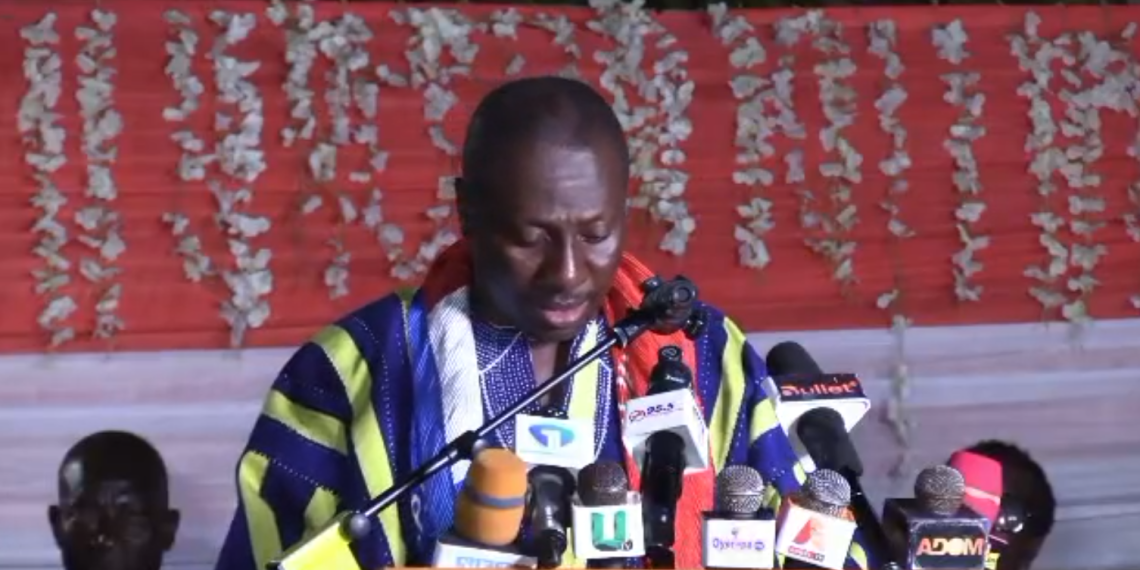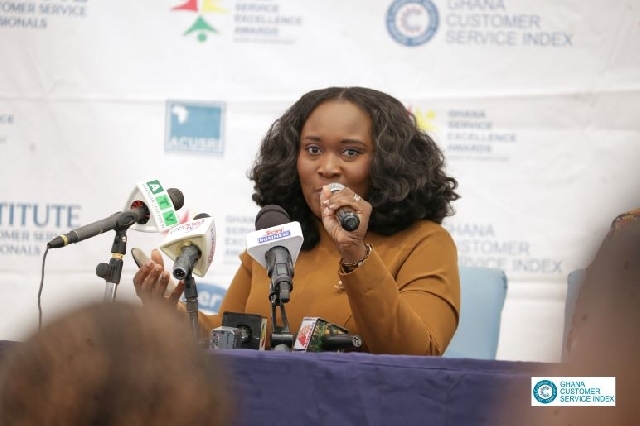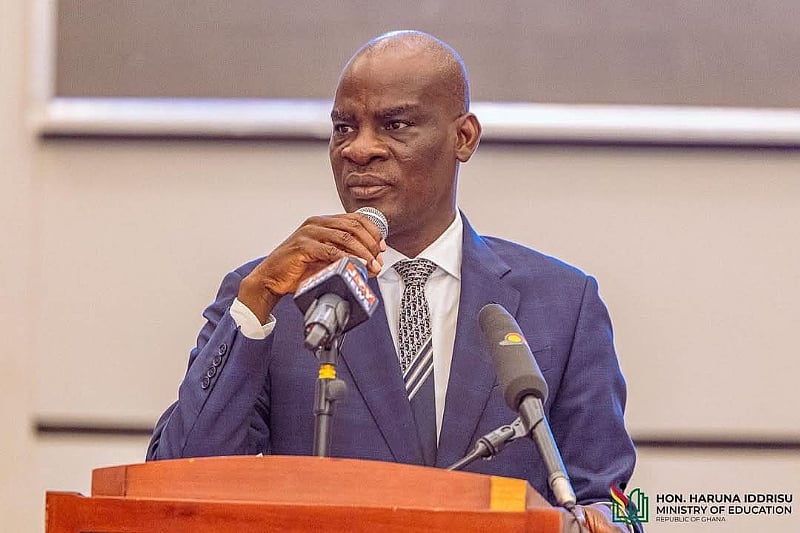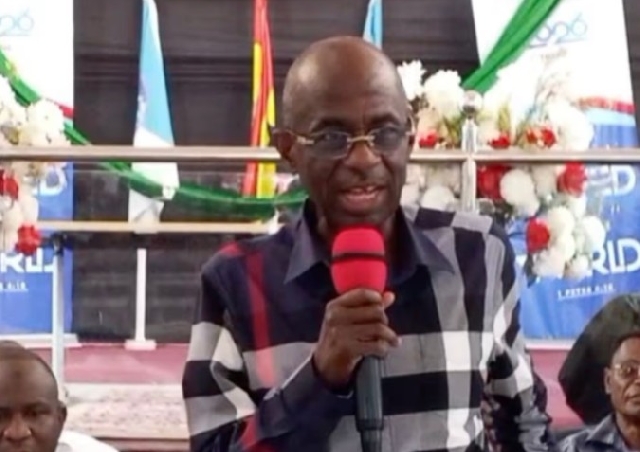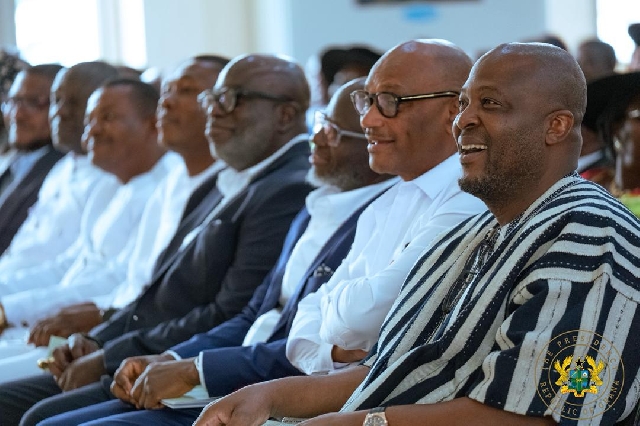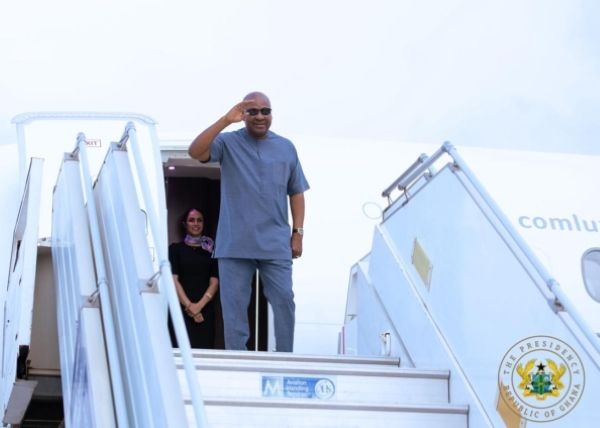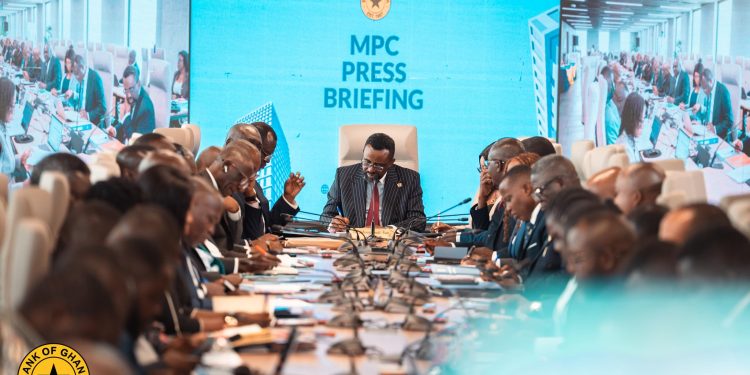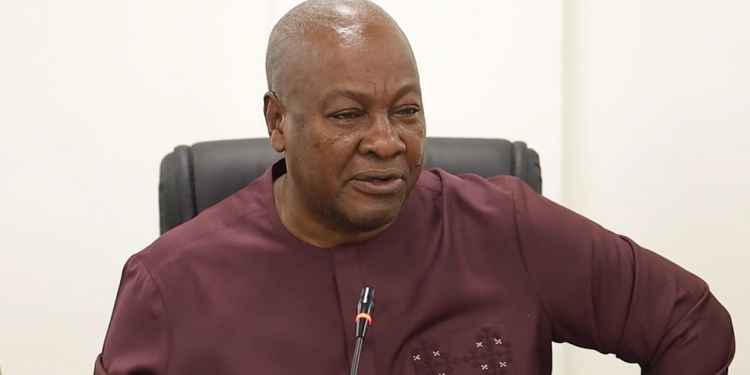The issue of dual citizenship has sparked heated debate in Ghana, as members of the diaspora call for reforms that would allow them to participate more fully in the country’s governance. At the heart of this debate is Article 94(2)(a) of the 1992 Constitution, which currently bars Ghanaians with dual citizenship from becoming Members of Parliament (MPs).
Many in the diaspora view this law as discriminatory, arguing that it limits the pool of talented individuals who could bring global perspectives and skills to Parliament. They contend that 21st-century governance requires not just local knowledge, but also international experience—a quality that Ghanaians abroad are uniquely positioned to provide. Such diverse viewpoints, they maintain, would enrich parliamentary debate and help advance Ghana’s development agenda.
These concerns have gained renewed attention following the National Democratic Congress’s (NDC) pledge, during the lead-up to the 2024 general election, to address what it sees as discriminatory practices in the Constitution. The NDC’s 2024 manifesto specifically promises to repeal laws that restrict dual citizens from holding key public offices, including that of MP, a move intended to modernise and broaden participation in Ghanaian governance.
The NDC argues that such restrictions are outdated and inconsistent with modern democratic principles of inclusivity and equal opportunity. Currently, Article 8 of the Constitution, as amended, imposes broad bans on dual citizens holding positions such as Ambassador, High Commissioner, Secretary to the Cabinet, and Chief of Defence Staff. While the party has proposed amending Article 8, the specific provision affecting parliamentary eligibility remains a contentious issue.
Diaspora groups stress that amending only some of these restrictions would not go far enough. They urge President Mahama and the NDC majority in Parliament to honour their manifesto pledge by repealing Article 94(2)(a) and opening Parliament to dual citizens. They argue that such a move would strengthen democracy, signal a commitment to inclusivity and fairness, and allow Ghana to benefit from the skills and experiences of its global citizens.
This debate has ignited a nationwide conversation about identity, nationality, and political participation. While some worry about potential conflicts of interest, others highlight the opportunity for Ghana to tap into global expertise and foster stronger ties with the diaspora.
The outcome of this debate will have significant implications for Ghana’s governance and its relationship with its citizens abroad. Many countries already allow dual citizens to hold public office, and advocates believe Ghana could benefit from similar reforms. Ultimately, the decision on whether to repeal the law will shape the inclusivity and effectiveness of Ghana’s political system for years to come.
With the NDC’s promise on the table, attention now turns to President Mahama and Parliament to deliver on their commitment, potentially ushering in a new era of diversity and representation in Ghana’s governance.
Source: Apexnewsgh.com




